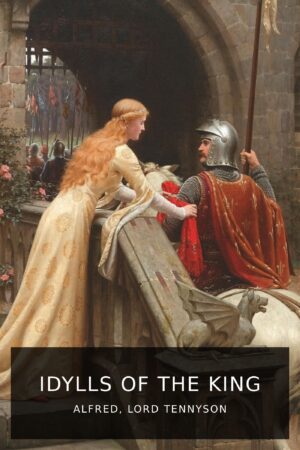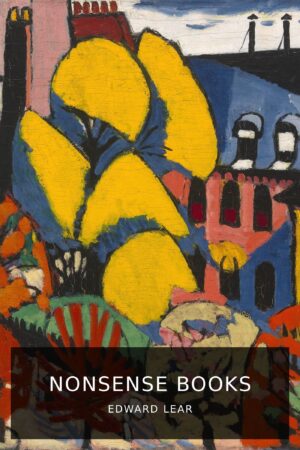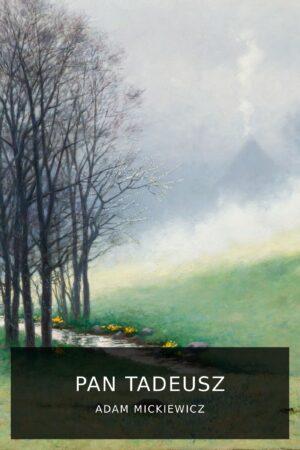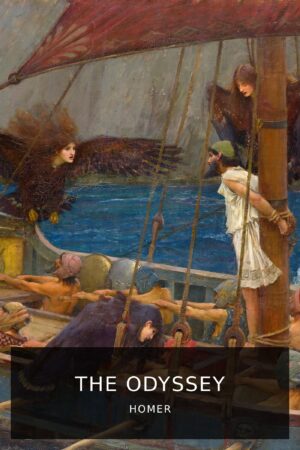The Canterbury Tales is a collection of twenty-four stories written in Middle English by Geoffrey Chaucer. The tales are presented as a storytelling contest by a group of pilgrims on a journey from Southwark to the shrine of Saint Thomas Becket at Canterbury Cathedral. Each pilgrim tells a story to pass the time, and their tales range from bawdy and humorous to serious and moralistic.The stories provide valuable insights into medieval English society as they explore social class, religion, and morality. The pilgrims represent a cross-section of medieval English society: they include a knight, a prioress, a miller, a cook, a merchant, a monk, a nun, a pardoner, a friar, and a host, among others. Religion and morals play an important part of these stories, as the characters are often judged according to their actions and adherence to moral principles.Chaucer also contributed significantly to the development of the English language by introducing new vocabulary and expressions, and by helping to establish English as a literary language. Before the Tales, most literary works were written in Latin or French, languages which were considered more prestigious than English. But by writing the widely-read and admired Tales in Middle English, Chaucer helped establish English as a legitimate literary language. He drew on a wide range of sources for his lexicon, including Latin, French, and Italian, as well as regional dialects and slang. In doing so he created new words and phrases by combining existing words in new ways. All told, the Canterbury Tales paved the way for future writers to write serious literary works in English, and contributed to the language’s development into a language of literature.This edition of The Canterbury Tales is based on an edition edited by David Laing Purves, which preserves the original Middle English language and provides historical context for editorial decisions. By maintaining the language of the original text, Purves allows readers to experience the work as it was intended to be read by Chaucer’s contemporaries, providing insight into the language and culture of the time. Other editions may differ significantly in their presentation of the language; since the Tales were transcribed, re-transcribed, printed, and re-printed over hundreds of years and across many changes in the language, there are many different ways of presenting the uniqueness of Chaucer’s English.This edition includes extensive notes on the language, historical context, and literary sources, providing readers with a deeper understanding of the cultural and historical context in which the work was written. Scholars have used Purves’ edition as a basis for further study and analysis of Chaucer’s work, making it an important resource for anyone interested in the study of medieval literature.
Geoffrey Chaucer
Geoffrey Chaucer The Canterbury Tales
12,52 €
A group of pilgrims trade tales as they travel through medieval England.





